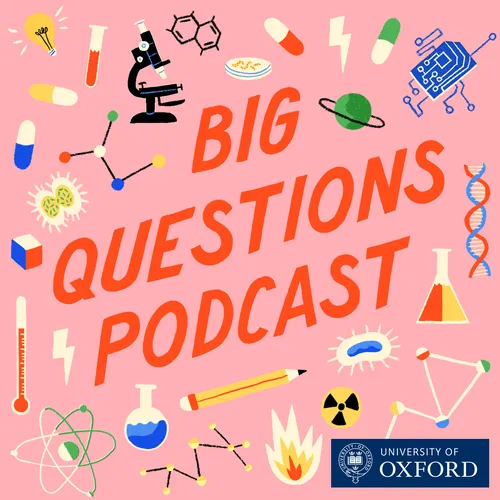
Oxford Sparks Big Questions
'Will my bacon sandwich kill me?', 'Is vaping better than smoking?', 'How do you become an astronaut?' - just some of the Big Questions we ask some of the brightest minds behind Oxford science. Join us in each podcast as we explore a different area of science.
- Update frequency
- every 14 days
- Average duration
- 13 minutes
- Episodes
- 101
- Years Active
- 2020 - 2025
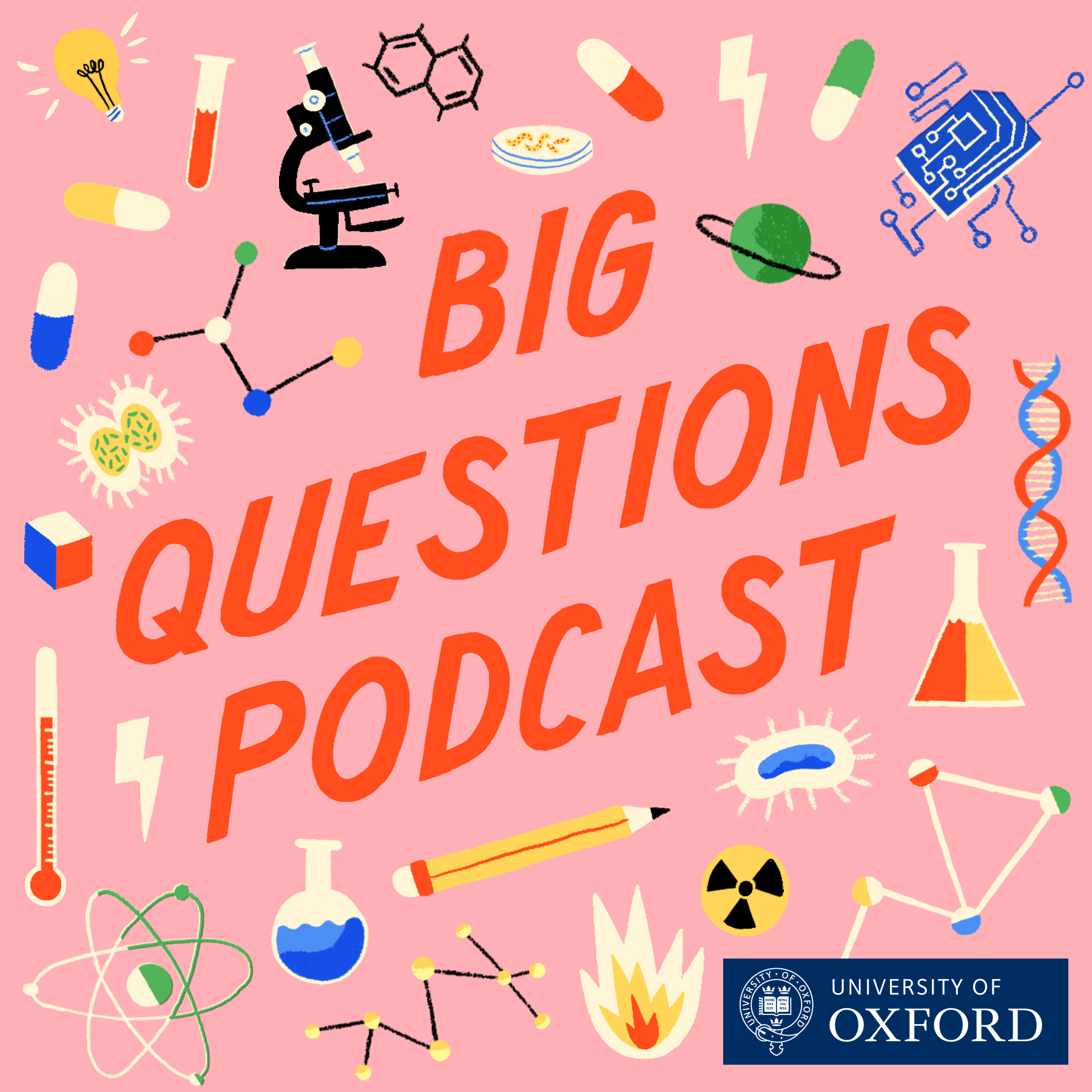
How do you find a theoretical particle?
How do you detect a particle that emits no light - in other words, something invisible? This is the intriguing challenge faced by scientists hunting for 'dark matter'. In our series finale, we talk t…
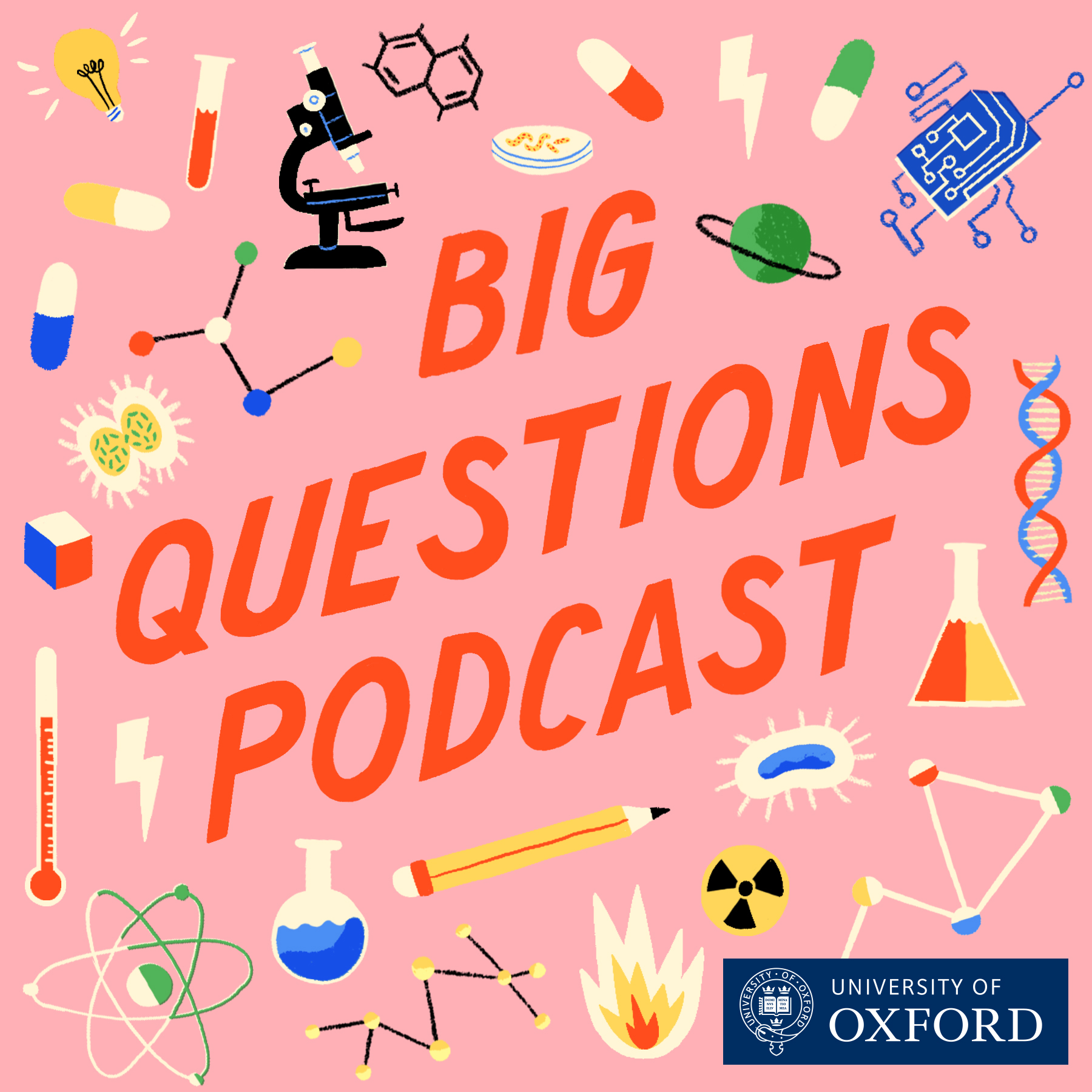
Is there a better way to screen blood?
What's the best gift you can give? To the millions of people whose lives have been saved by complete strangers, the answer would be simple: blood. But what exactly happens when blood has been donated…
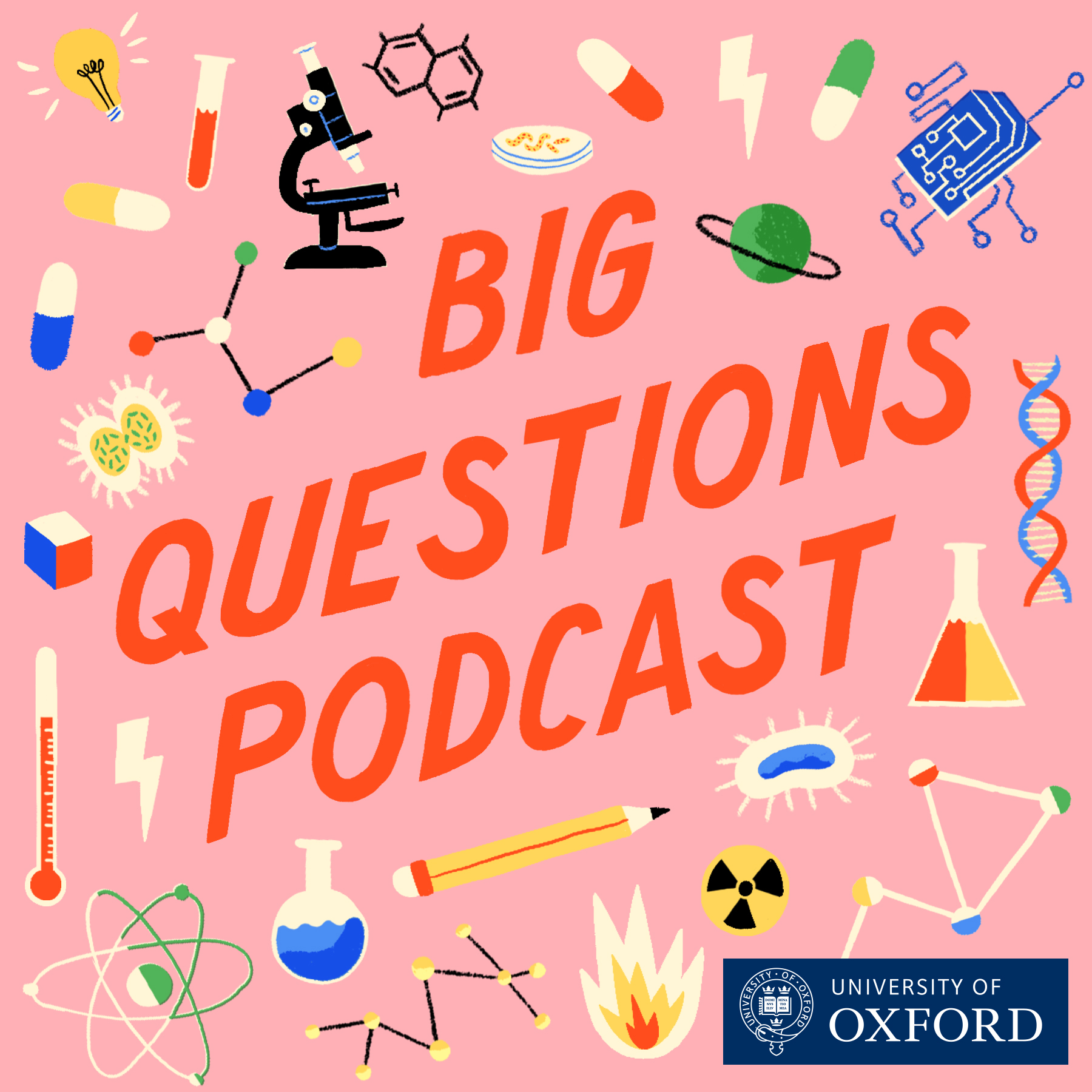
How does Ozempic actually work?
Whether you've been served an advert for it, or just heard about it in the media, it's likely that 'Ozempic' isn't a totally unfamiliar word. Now often associated with weight-loss, Ozempic is actuall…
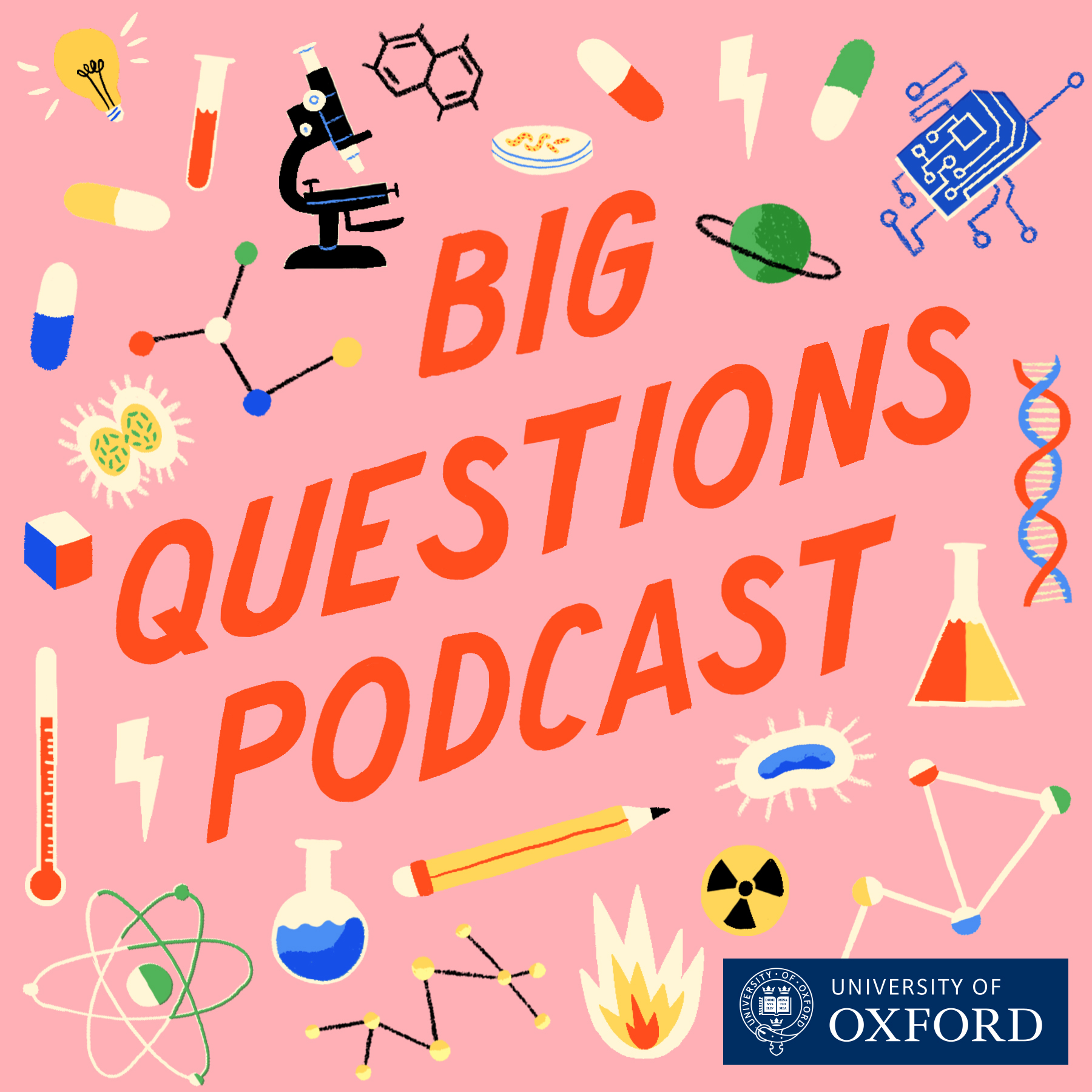
Why does a stranger's phone noise annoy me?
We've all been there...you're on the train, maybe tired after a long day, and all you can hear is one side of a fellow passenger's not-too-interesting phone conversation. Or worse, their choice of mu…
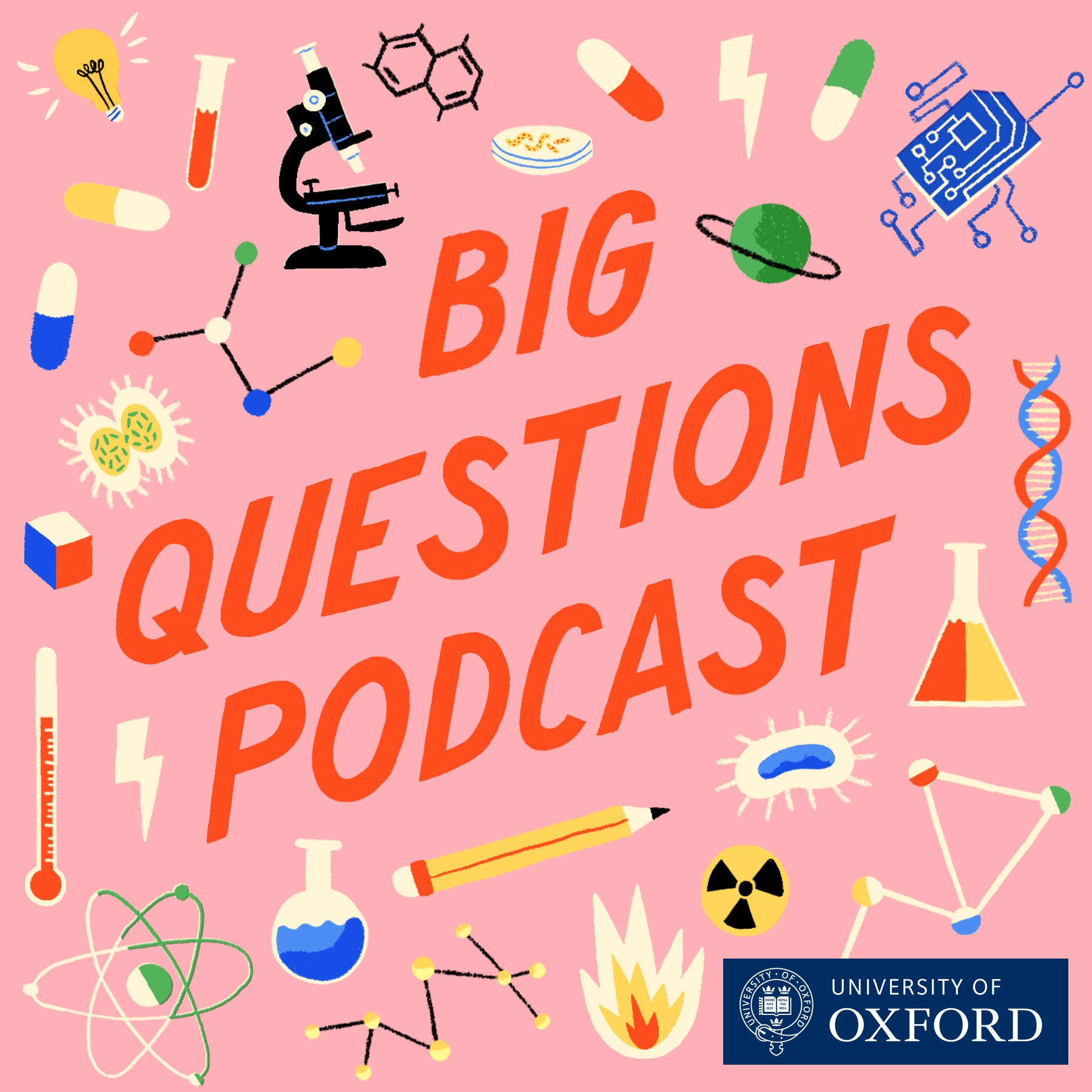
What's the origin of water on Earth?
With more than 70% of its surface covered in water, Earth is rightly known as the "blue planet". But where did this water - so essential to life - originate? While some theories suggest that hydrogen…
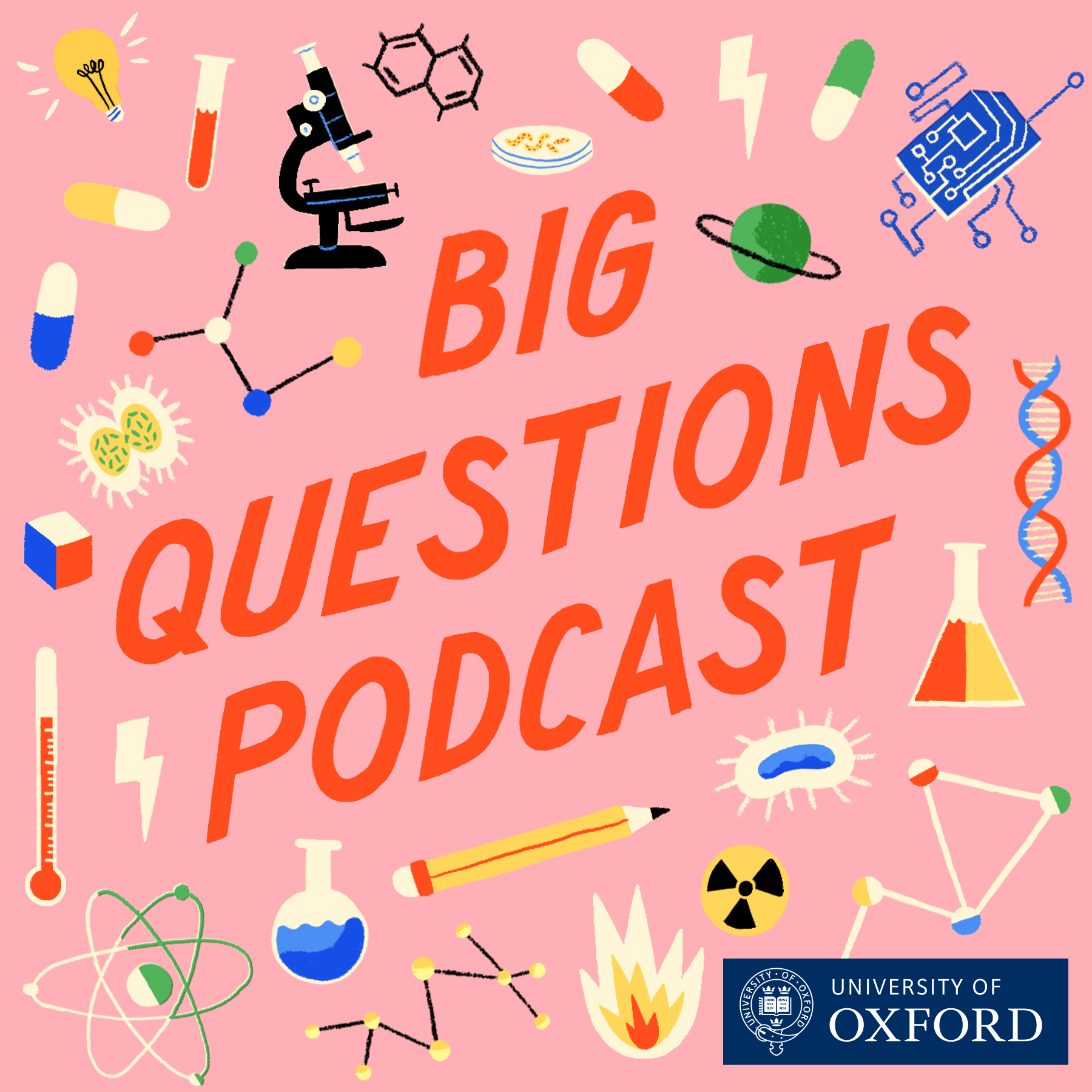
How can robots investigate underwater volcanoes?
What do you do when the subject of your research lies deep beneath the waves? Send down an underwater robot, of course! We chat to volcanologist Sofia Della Sala about her recent fieldwork expedition…
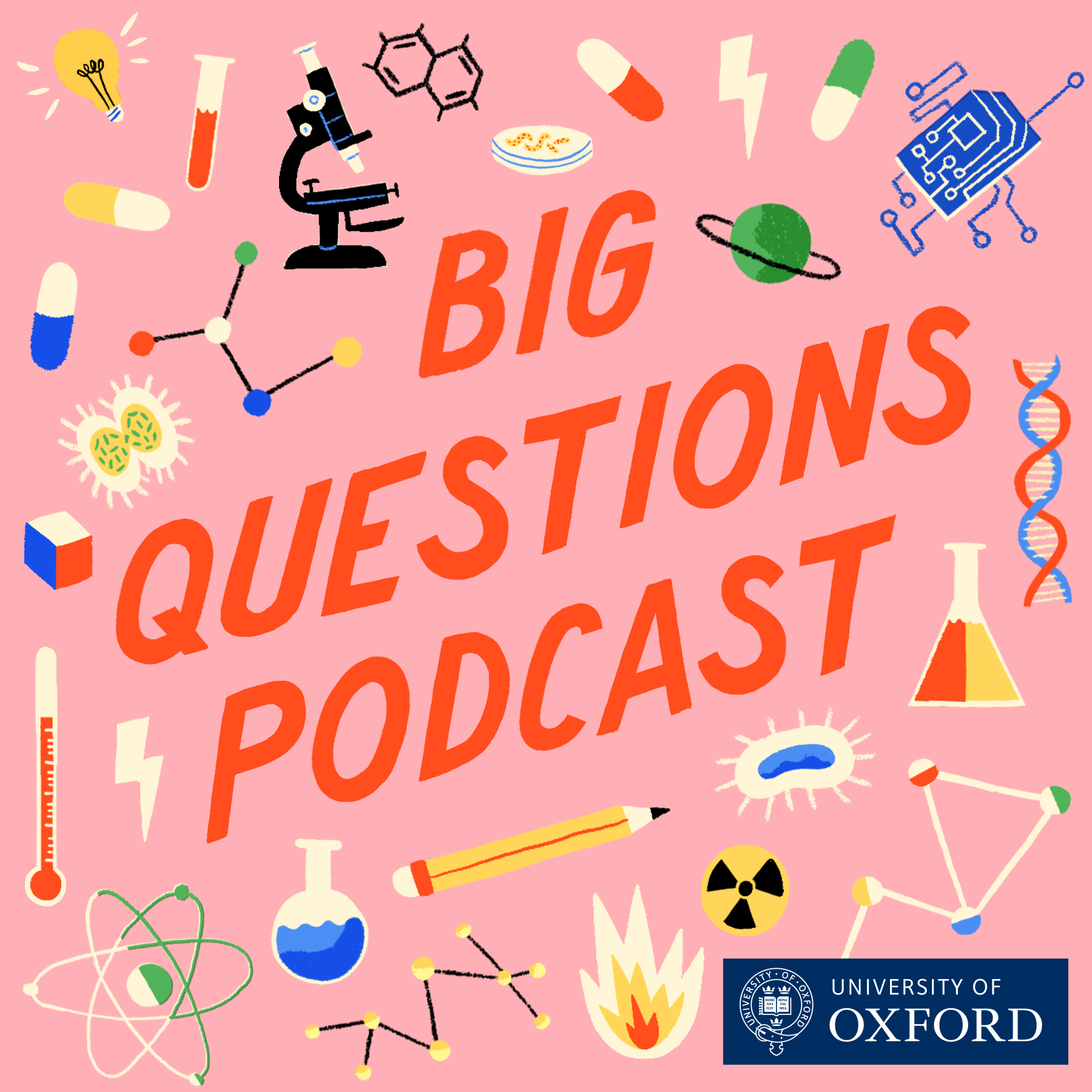
What is it like to be on Countdown?
"I still don't believe it happened..."
What's it like to face the most famous clock on television? We chat to Oxford mathematician Dr Tom Crawford - best known as the creator of the award-winning 'To…
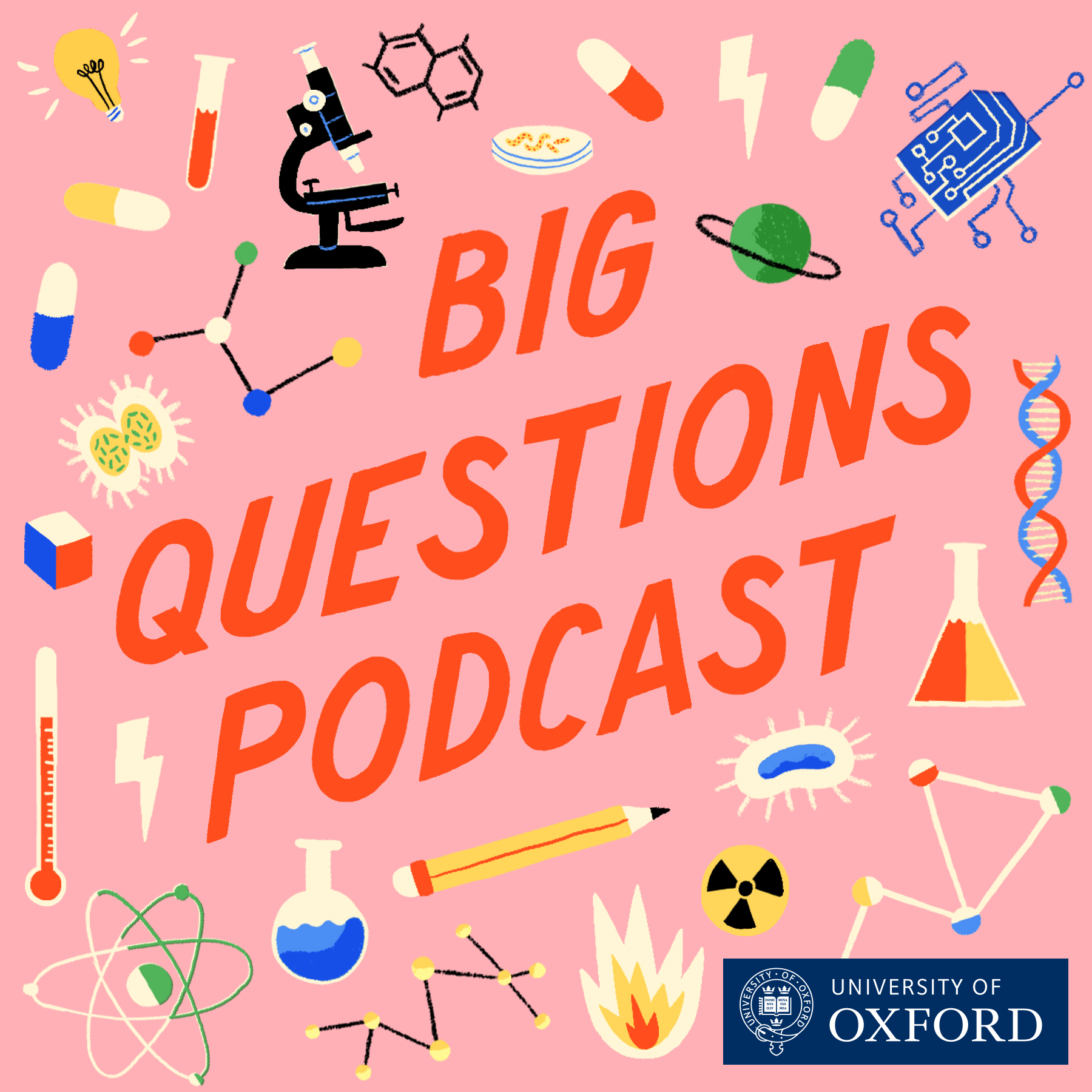
What happens after a dementia diagnosis?
One in two people will be affected by dementia in their lifetime - whether that is as a patient, or somebody caring for a loved one. But what happens after a dementia diagnosis? Is there a clear path…
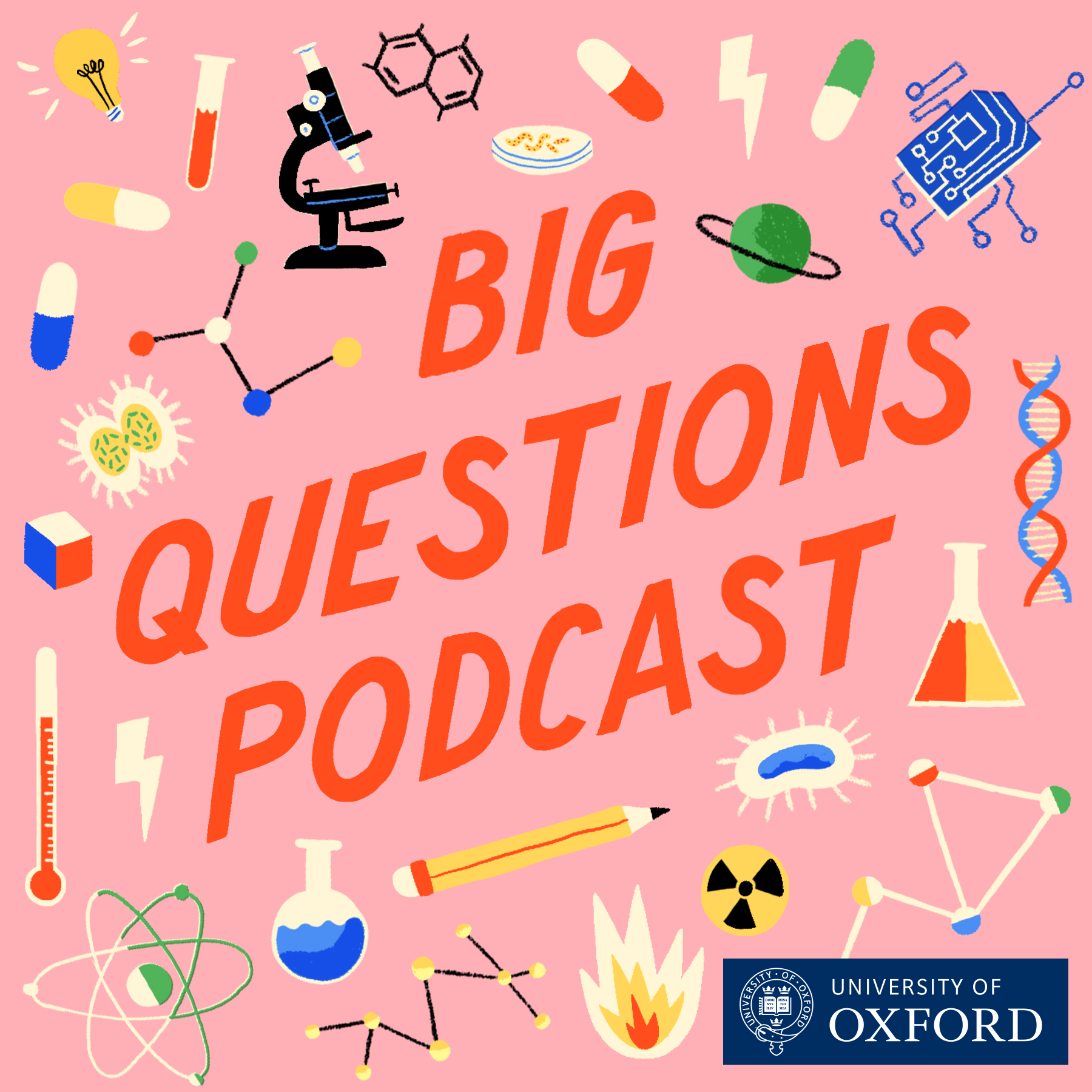
Is it OK to laugh at Tourette's?
In popular culture, Tourette's syndrome is wrongly associated solely with outbursts of swearing in the context of lazy jokes. But in reality, the condition is far more complex than this stereotype su…
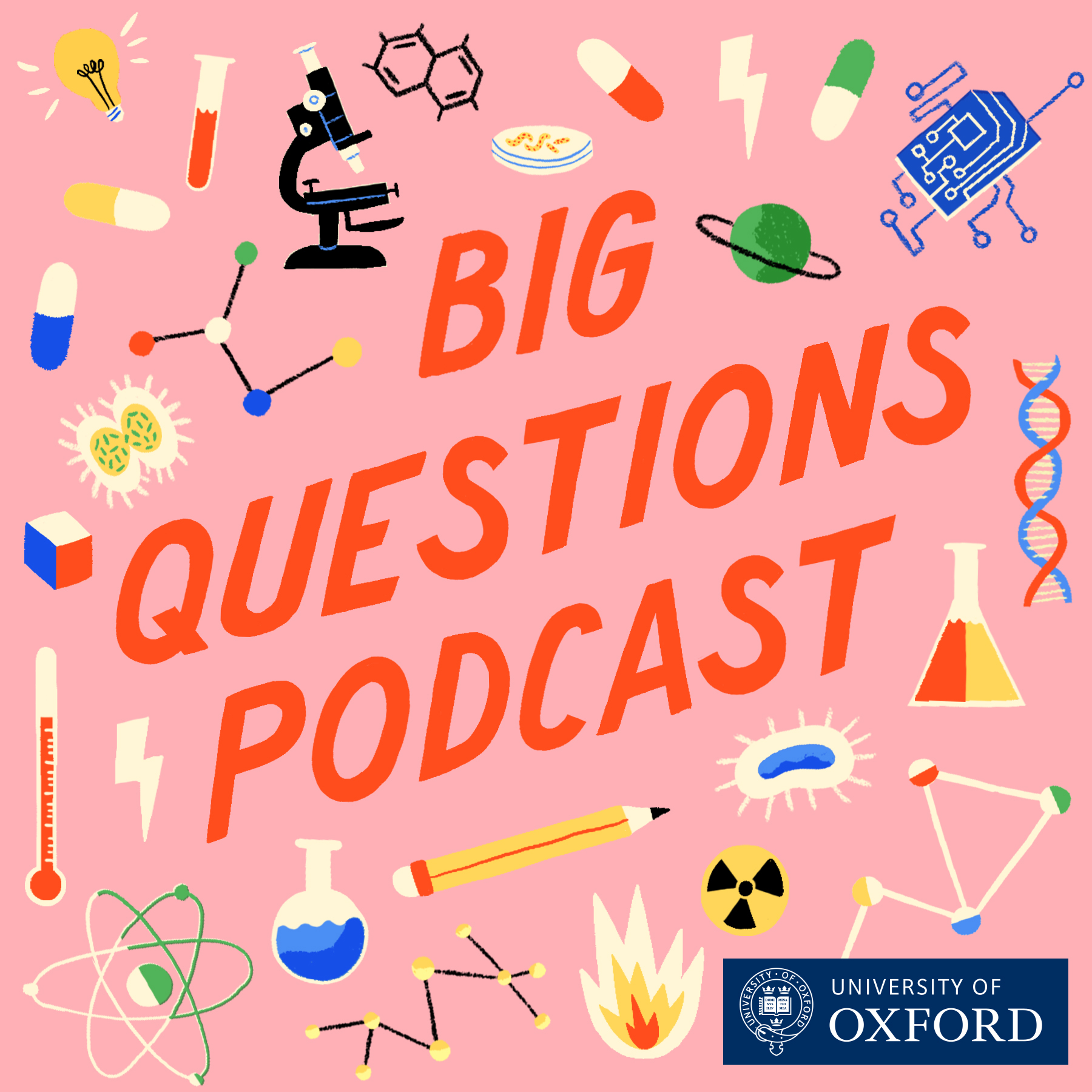
What is a dinosaur highway?
If you were hunting for some fossilised dinosaur footprints, where would you go? To a remote part of North or South America, perhaps? A deserted wilderness for sure... But how about Oxfordshire? We c…
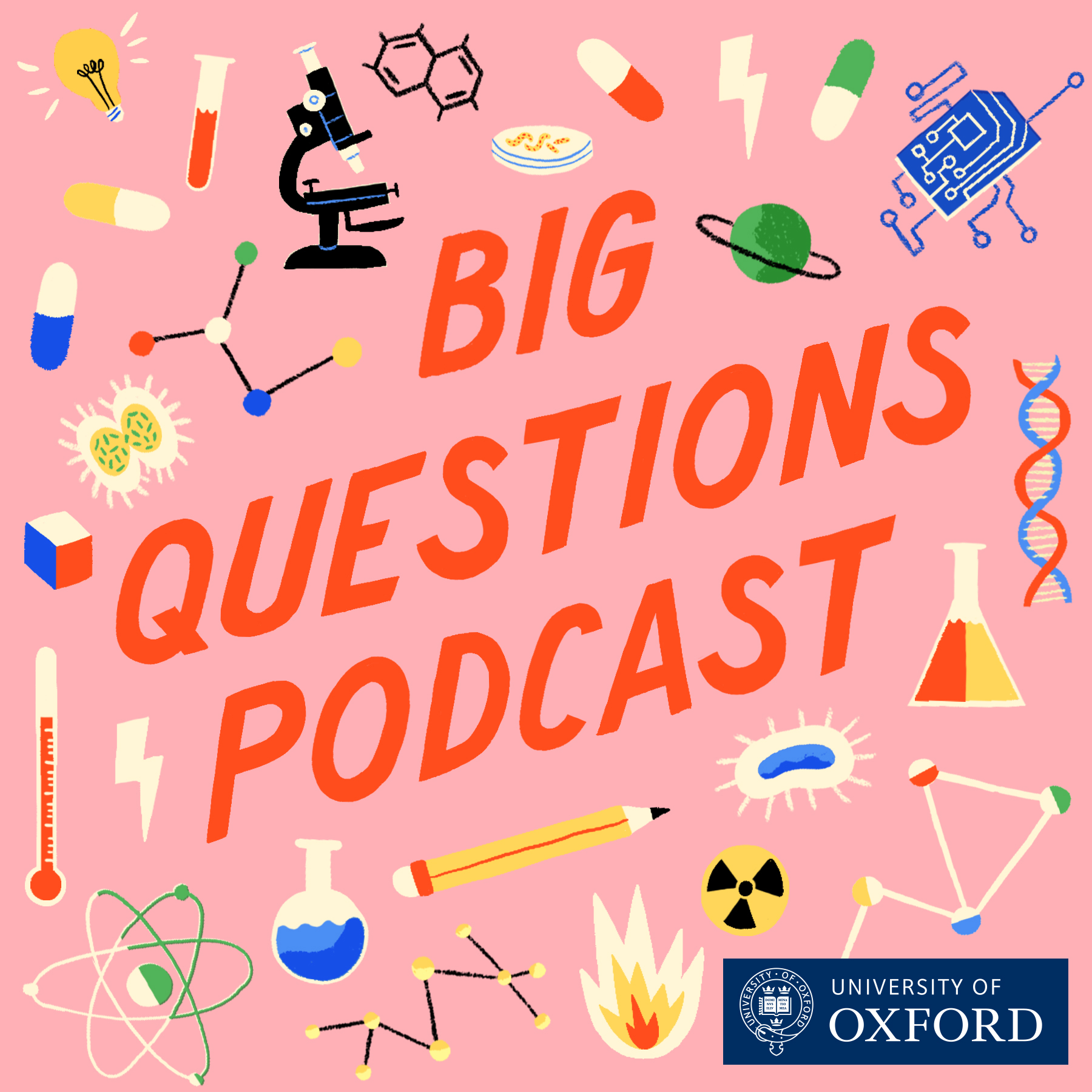
How horny are hedgehogs?
Shh...hedgehog! It always feels like a privilege to catch a glimpse of one, as it snuffles away under the garden fence. And come the spring, our spiny - and usually solitary - little friends will be …
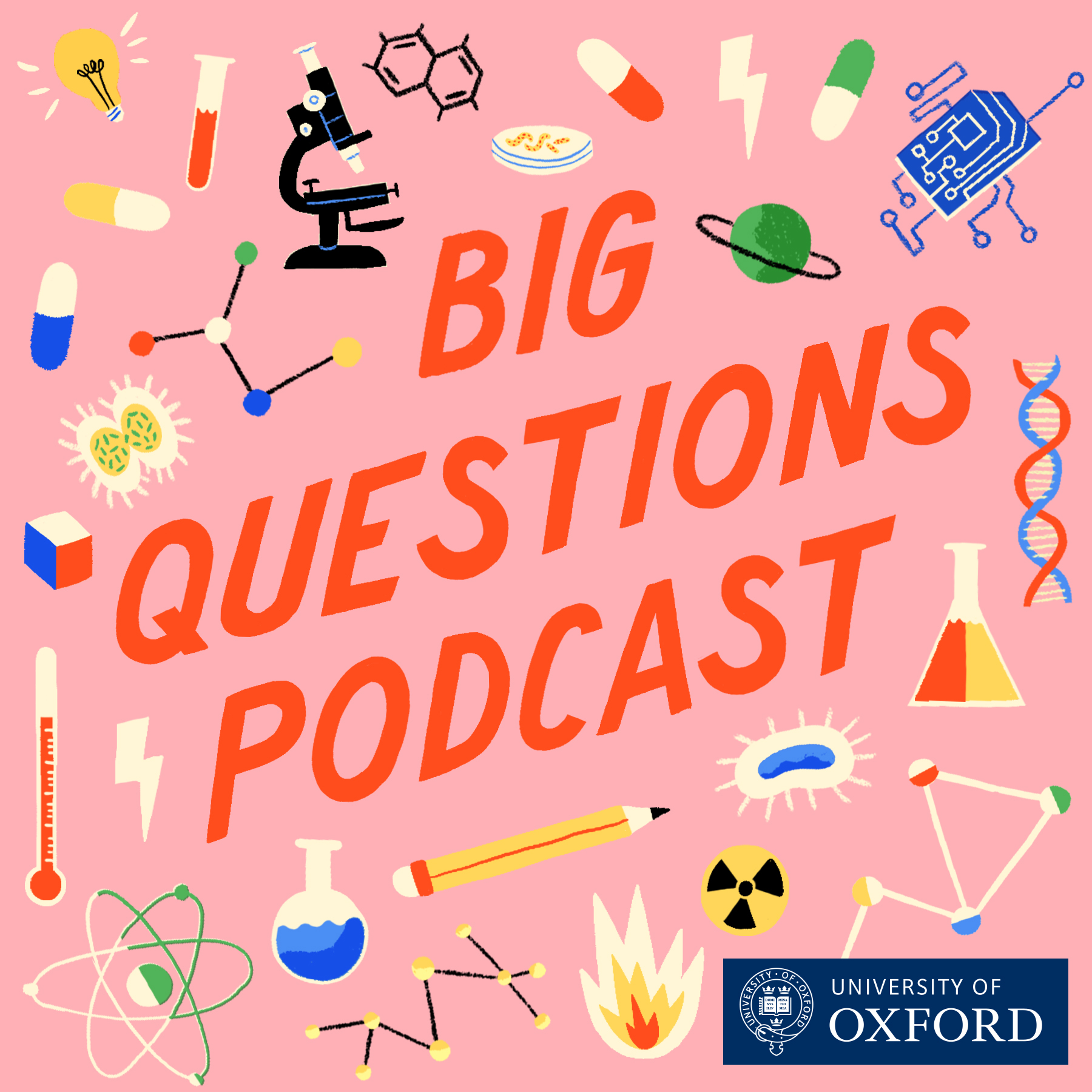
What can batteries of the future learn from eels?
Electric eels are pretty amazing creatures. Their bodies can release powerful electric charges - in some cases reaching 650 volts! So, what can scientists learn from these animals? Could nature hold …
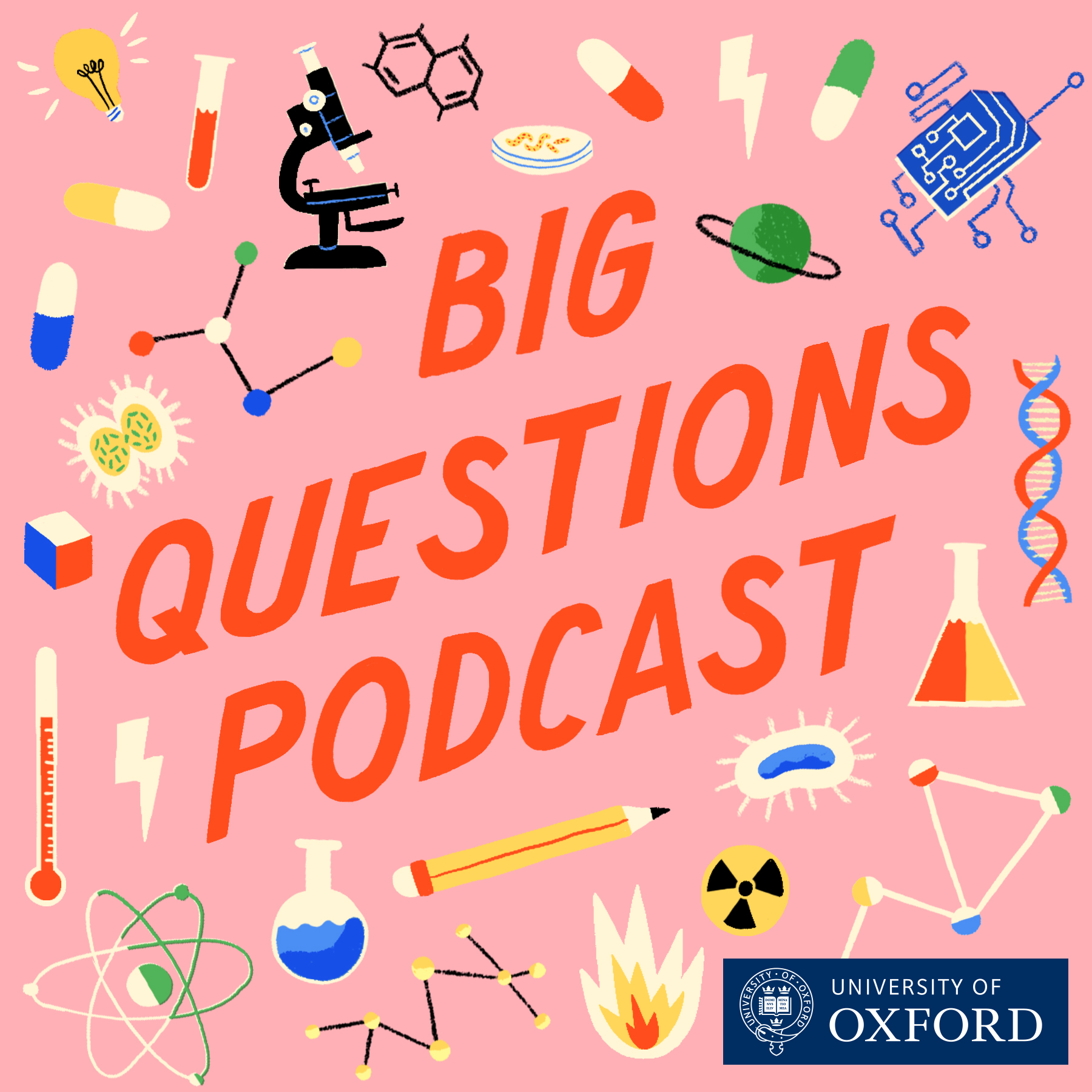
Why is my bottle cap attached to my plastic bottle?
Whether it's the bottle of water that you hastily grab at the train station, or your favourite guilty-pleasure fizzy pop, you may have noticed something different about your drinks lately - or at lea…
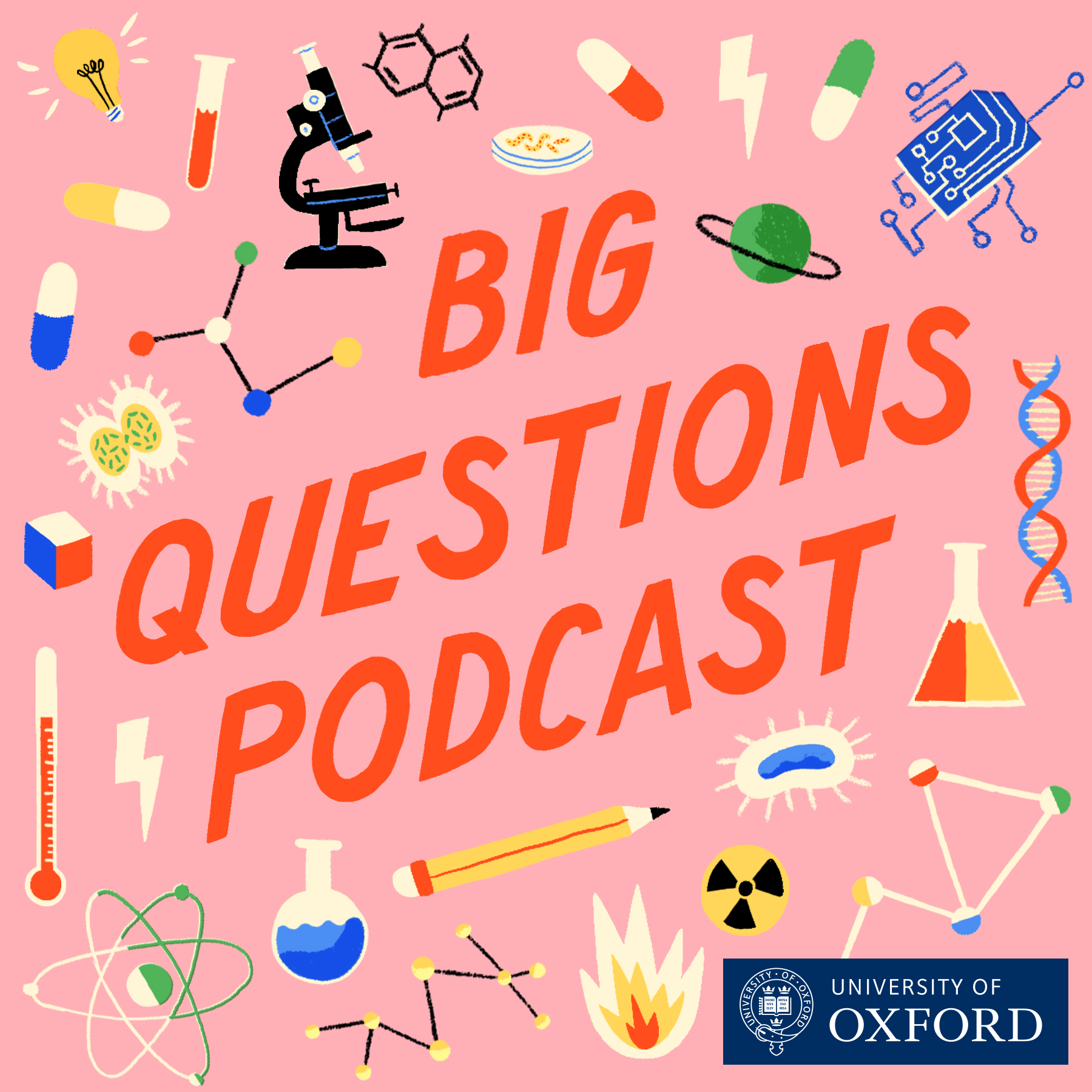
Why are we seeing the Northern Lights more often?
Even if you’d never previously given much thought to the Northern Lights, chances are they were brought to your attention in 2024, when our social media feeds were set ablaze with beautiful images ca…

Why track mistletoe?
Mistletoe has long been associated with fertility, and even today, its presence hanging from the ceiling can prompt a few blushes. But, did you know, mistletoe is more than something beneath which to…
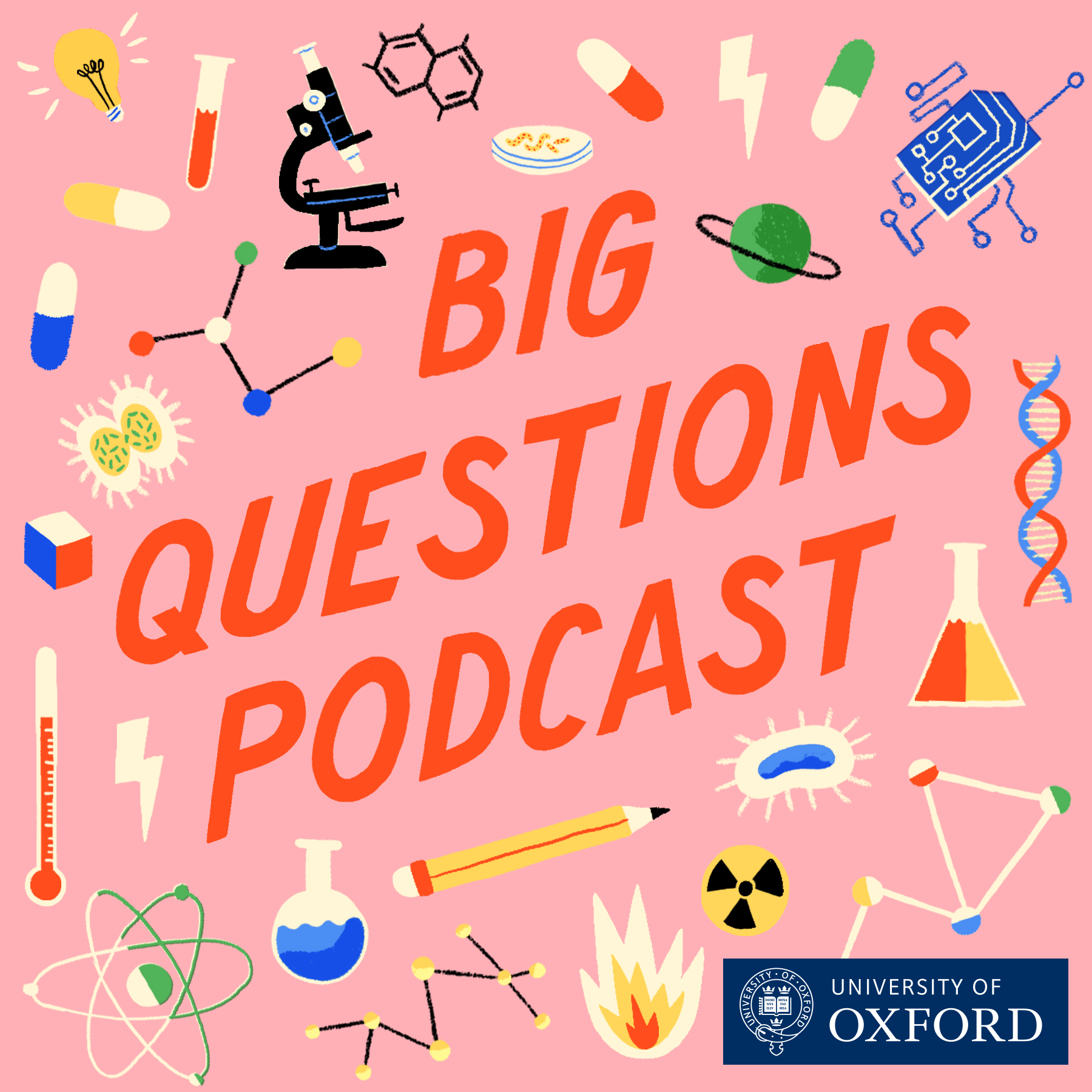
Why are birth rates falling in the UK?
Evolutionarily speaking, it makes sense to have a lot of children. At the very least, we might expect a population to replace itself, with each couple having an average of two children. However, this…

What is a wind drought?
Chances are, you didn't notice the week-long wind drought that the UK experienced towards the end of 2023. However, this period of low wind speeds, combined with a cold snap, drove up our energy pric…
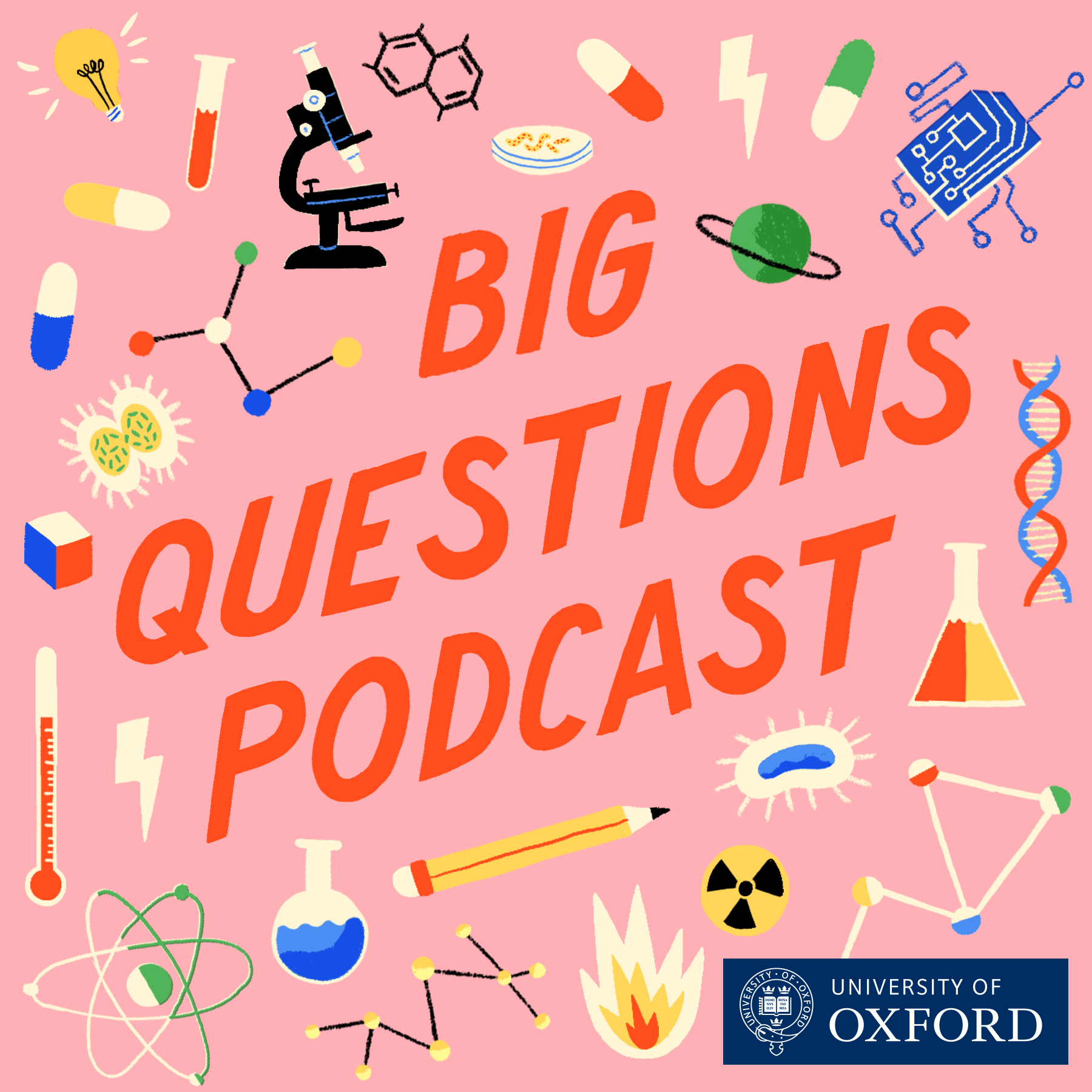
How do you sequence the genomes of 70,000 species?
Welcome back to the new series of the Oxford Sparks Big Questions Podcast! We are here to answer weird and wonderful questions about our world, with the help of science. And we’re starting with a ver…
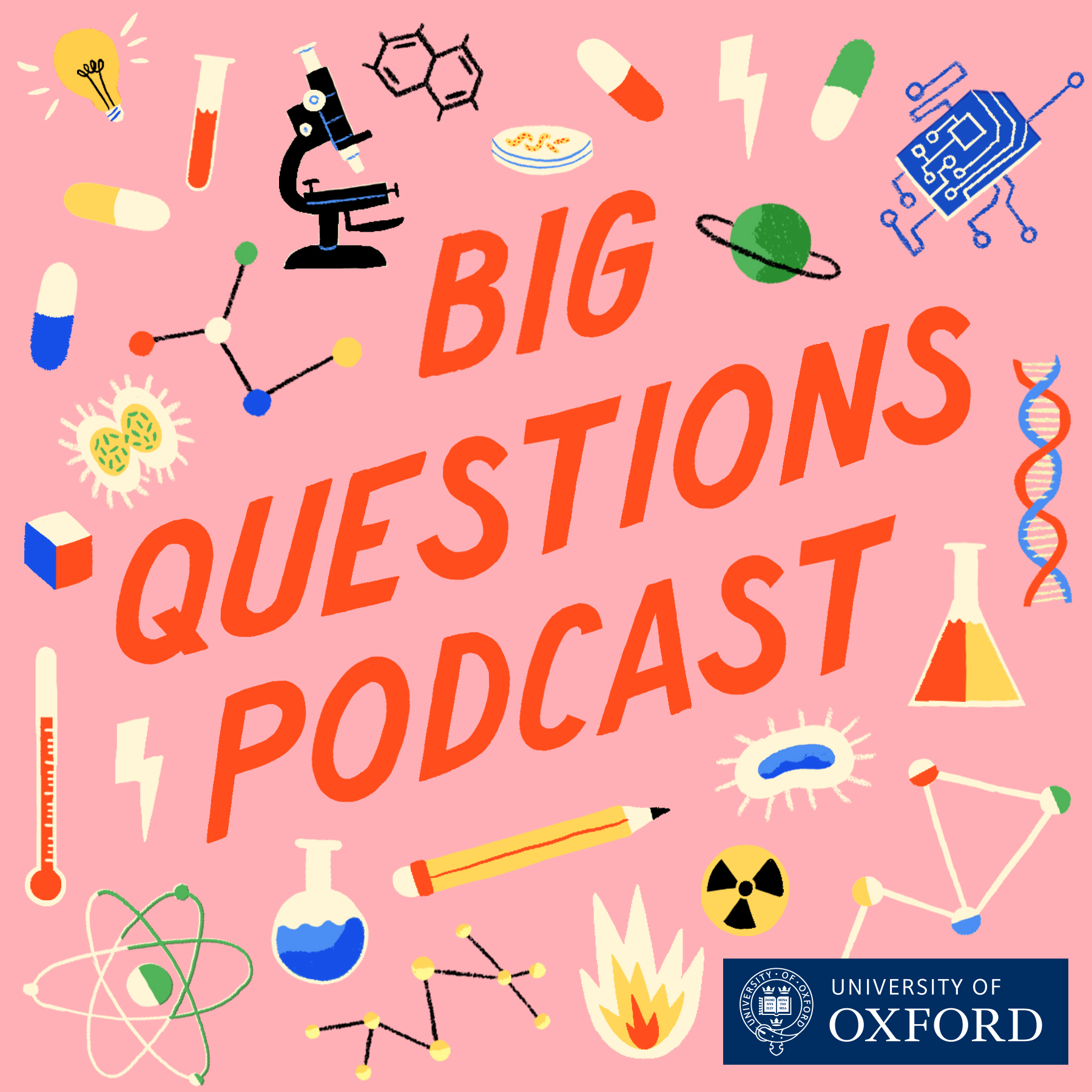
How do I keep my house cool without air conditioning?
Summer is here, and with heatwaves forecast, how do we keep our homes cool without relying on air conditioning?
In the UK, soaring summer temperatures can be brief but powerful. So, what can we do?…
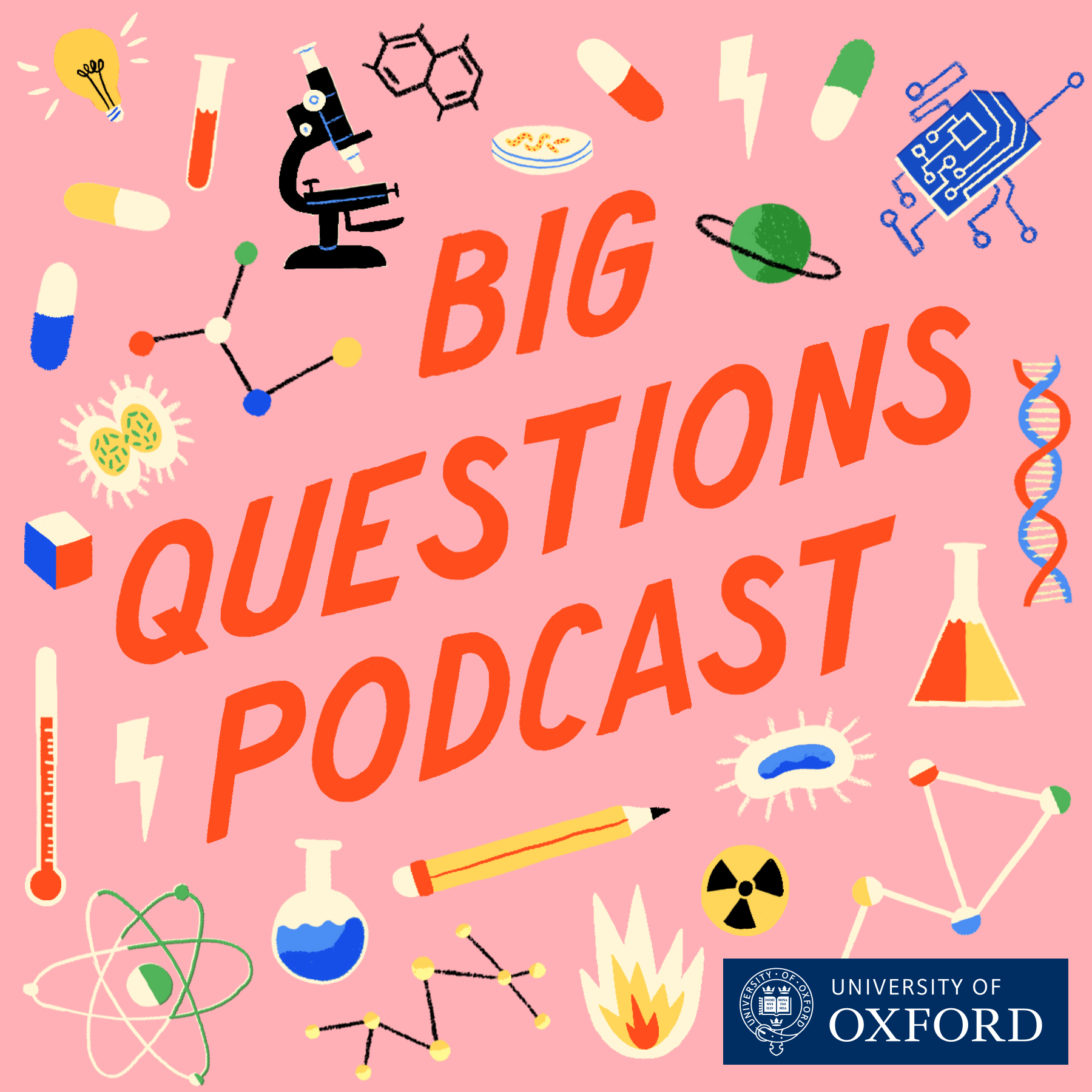
What time is it on the moon?
Scientists are returning to the moon, but when they get there, what time is it?
Dr Carly Howett from the Department of Physics explains the basics: what time is, and how we found a globalised way of …